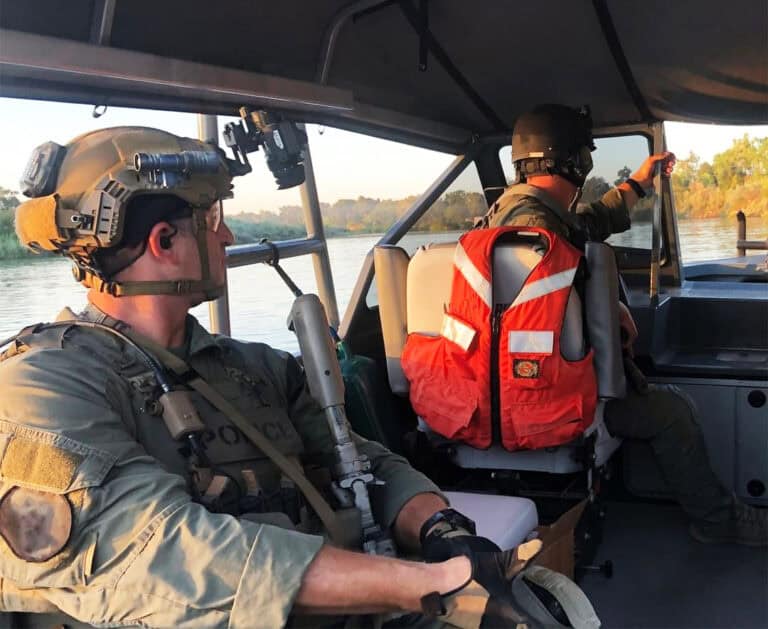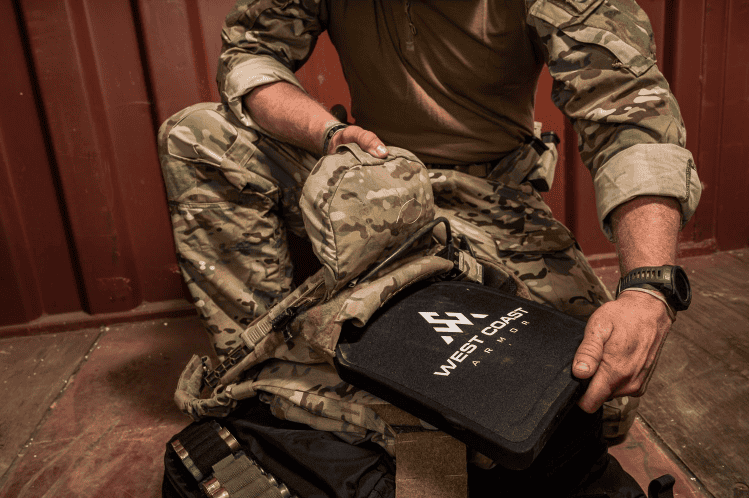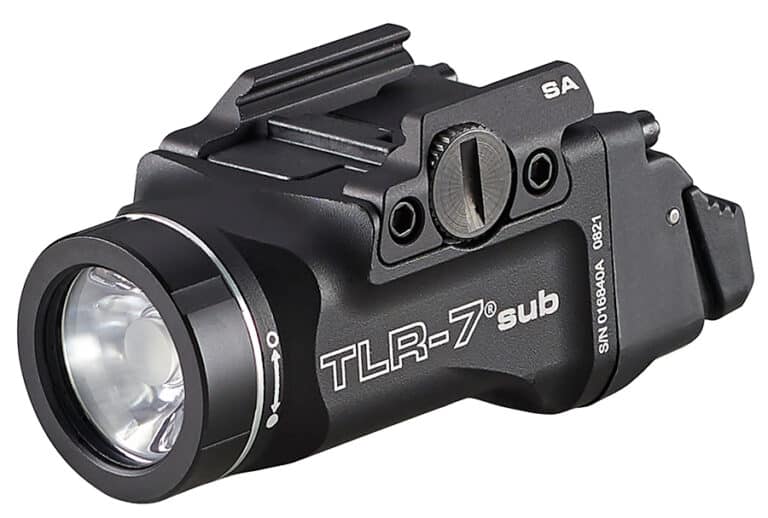SIG Sauer P211 GT4 & GT5—The Sports Cars of SAO Pistols?
In a world where shooters can’t get enough of 2011-style pistols, SIG introduced…
In a world where shooters can’t get enough of 2011-style pistols, SIG introduced…
The Folding Defensive Platform from Zev Technologies—FDP for short—is a new take on…
The GSR-05 Slide Racker is TangoDown’s latest addition to its Vickers Tactical lineup….
All shooting is a balance between speed and precision. By that I mean you can…
The Mod-Navy Qual I’ve been doing this qual (or drill, or whatever the current nom…
• Built for road trips and off-road use• Manual transmission equipped• Wrapped in MultiCam Arctic…
this is a test
Guns have played a significant role in human history, shaping societies, economies, and cultures across the world. From their origins as simple firearms in the 9th century to the complex weapons we see today, guns have evolved dramatically over the centuries. They have been used for hunting, self-defense, military combat, and even sport shooting. Despite their widespread use and many benefits, guns also come with considerable risks and controversies that spark ongoing debates.
Historically, guns revolutionized warfare, replacing traditional weapons like swords and arrows with more powerful and longer-range firearms. This transformation led to significant changes in military strategy and battlefield tactics. In the civilian world, guns became tools for hunting game, which was essential for sustenance in many societies, especially before the advent of modern agriculture. They also provided a means of protection for individuals and communities against threats, whether from wild animals, criminals, or oppressive regimes.
In modern times, guns are often at the center of discussions about safety and gun control. Countries like the United States have a large number of privately owned firearms, leading to ongoing debates about the balance between Second Amendment rights and public safety. Advocates for gun rights emphasize personal freedom and the right to own guns for self-defense, recreation, and cultural reasons. Opponents argue that high gun ownership rates correlate with increased gun violence, accidental shootings, and mass shootings, calling for stricter regulations and background checks.
The popularity of guns has also fostered a thriving industry that includes manufacturing, sales, and shooting sports. Gun manufacturers continually develop new models, incorporating technological advances like enhanced targeting systems, improved ergonomics, and safety features. Shooting sports, including competitions like skeet, trap, and practical shooting, have gained popularity as recreational activities, promoting responsible gun handling and community engagement.
However, the presence of guns in society raises important ethical and safety concerns. Accidents happen, and guns can be used to commit crimes or cause harm unintentionally. The debate over gun control measures often centers on whether stricter laws can effectively reduce violence without infringing on people’s rights. Some propose bans on certain types of firearms, mandatory safety training, or limits on magazine sizes. Others believe that responsible gun ownership and enforcement of existing laws are sufficient.
Globally, attitudes towards guns vary greatly. Some countries emphasize strict firearm regulations or outright bans, resulting in lower gun-related violence. Others, especially those with a strong cultural attachment to guns, maintain more permissive policies. In regions plagued by conflict, guns often symbolize power and security for individuals but also contribute to ongoing violence and instability.
Despite the controversy, guns remain a deeply ingrained part of many cultures worldwide. They are symbolic of independence, strength, and tradition for some communities. As technology advances and societies evolve, the discussion about guns will likely continue, balancing individual rights with collective safety. Whether as tools for sport, protection, or historical significance, guns will persist as a complex and often polarizing topic for generations to come.
The brand name FERFRANS evokes images of professional-grade short barreled CQB/CQC rifles used by military units in various countries around the world. Created in 1990 by brothers Ferdinand and Francis Sy, the FERFRANS flagship is the Special Operations Assault Rifle (SOAR) which is configured in a multitude of barrel lengths and in a Direct Impingement as well as Piston configuration.

The VariArc is a helmet light mount with 360 rotation. Introduced in 2019, the mount has become increasingly ubiquitous in several career fields.
[dcs_img_center framed=”no” w=”600″ h=”400″] http://gunsandtactics.wpengine.com/wp-content/uploads/2013/05/tuffwriter-600-400.jpg [/dcs_img_center] [dcs_post_top] [dcs_fancy_header color=”#000000″ fweight=”bold”]Project launched to create the first run of stunning new titanium pens.[/dcs_fancy_header] [dcs_thinspliter size=”medium”] [dcs_img_right utl=”http://www.tuffwriter.com/” target=”_blank” framed=”no” w=”225″…

Body Armor used to be cumbersome Happily, West Coast Armor has stepped up to the plate with its Pure Dyneema and Pure Spectra plates.
Aaron Cowan of Sage Dynamics takes a critical look at the Agency Arms Field Edition You want a custom Glock? Swing a dead cat in the dark and…

Streamlight introduced a new model of its TLR-7 sub weapon-mounted tactical light, designed to fit the popular Springfield Armory Hellcat.
© 2026 UN12 Magazine
© 2026 UN12 Magazine
Wait! Don’t forget to